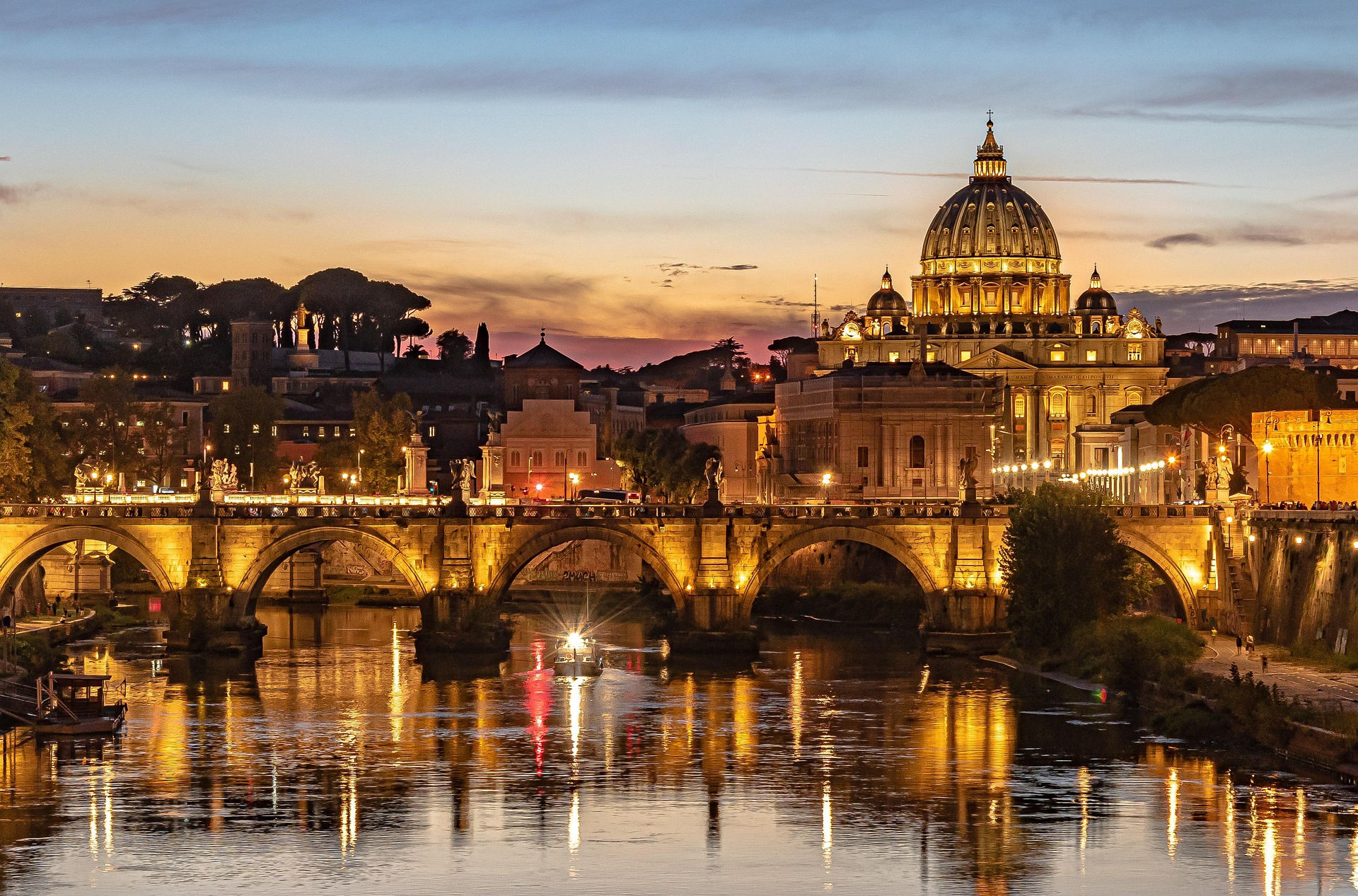The Pope Is Right, We Need More Women Leaders
María Mendiluce
This article first appeared in Forbes.
“The world needs to look to mothers and to women in order to find peace, to emerge from the spiral of violence and hatred, and once more see things with genuinely human eyes and hearts,” said Pope Francis in his new year address on 1 January, World Peace Day.
As Israel continues to pummel Gaza, the war in Ukraine drags on, and violence and conflict breaks out elsewhere, it seems clear a new system is needed, one that is less aggressive and where countries and individuals are less prone to impose their will on the world.
The Pope suggests women can help create a different, more peaceful order. In his New Year’s Day mass, he called for an end to violence against women and linked women to the attributes of “concern and care, patience and maternal courage”.
The lack of women on the international political stage was obvious in COP28 photos — only 15 out of 133 world leaders participating in the climate negotiations in Dubai last year were women.
The lack of gender diversity in national delegations at the climate talks and the failure of the COPs to focus on women’s issues, even though women suffer more from the impacts of climate change, have been well documented.
But a move towards male-female parity is slow going.
The same trends continue in companies, as shown in McKinsey’s Women in the Workplace 2023 report. “Women are more ambitious than ever, and workplace flexibility is fueling them,” it concludes. “Yet despite some hard-fought gains, women’s representation is not keeping pace.” The report shows that despite some positive advances, “over the past nine years, women—and especially women of colour—have remained underrepresented across the corporate pipeline”.
Interestingly, companies are modestly increasing women’s representation at the top, however addressing the ‘broken rung’ seems to be the place to focus. The report goes on to state that “because of the gender disparity in early promotions, men end up holding 60 percent of manager-level positions in a typical company, while women occupy 40 percent. Since men significantly outnumber women, there are fewer women to promote to senior managers, and the number of women decreases at every subsequent level”.
An underrepresentation of women and reliance on a single group of like-minded people, often middle-aged white men, does not bring out the best in anyone.
Whether we are talking about top level political discussions, climate negotiations or business strategy-making, research shows that diversity helps everyone. Diverse teams are more likely to make better, bolder decisions with a broader spectrum of people bringing greater creativity and expertise to the table, and female participation has even been shown to help negotiated peace treaties last longer.
Some notable examples of women leaders in the climate space, such as former executive secretaries of the United Nations Framework Convention on Climate Change Patricia Espinosa and Christiana Figueres, and former architect of the 2015 UN Paris Agreement on Climate Change Laurence Tubiana, are testament to the importance of gender diversity.
As the number of challenges facing the world grows in 2024 — war, climate change, nature loss and increasing inequality to name but a few — we need all hands to the pump to ensure the best minds come together to advance solutions.
This year, four billion people, nearly 50 per cent of the world’s population, will have the opportunity to vote for the future they want and who they want to govern their lives. Their choices will have a huge impact on how the challenges we face will be tackled.
When we talk of the positive traits of female leadership, we do not mean that all women are, by nature, more peaceful or more likely to back climate action than men.
Neither Georgia Meloni, the Italian president, nor far-right French politician Marine Le Pen are known for their climate activism or support of the energy transition. Both are happier defending the fossil fuels status quo than renewable energies and Le Pen threatened during her last election campaign to dismantle wind turbines if elected.
Similarly, most men clearly do not see conflict as a solution and many are leading the charge to reduce emissions and meet net zero by 2050.
Perhaps what we need to see from election candidates, business and political leaders is greater prominence of those values that Pope Francis identifies as related to women, like concern, courage and care. We need to adopt new ways of working that will allow these traits to come to the fore — more opportunities for discussion and collaboration.
Whatever our role in society, we can all attempt, as 2024 begins, to lead our lives peacefully and inclusively, contributing to the transition to net zero and, ultimately, to a better world for the generations to come.

